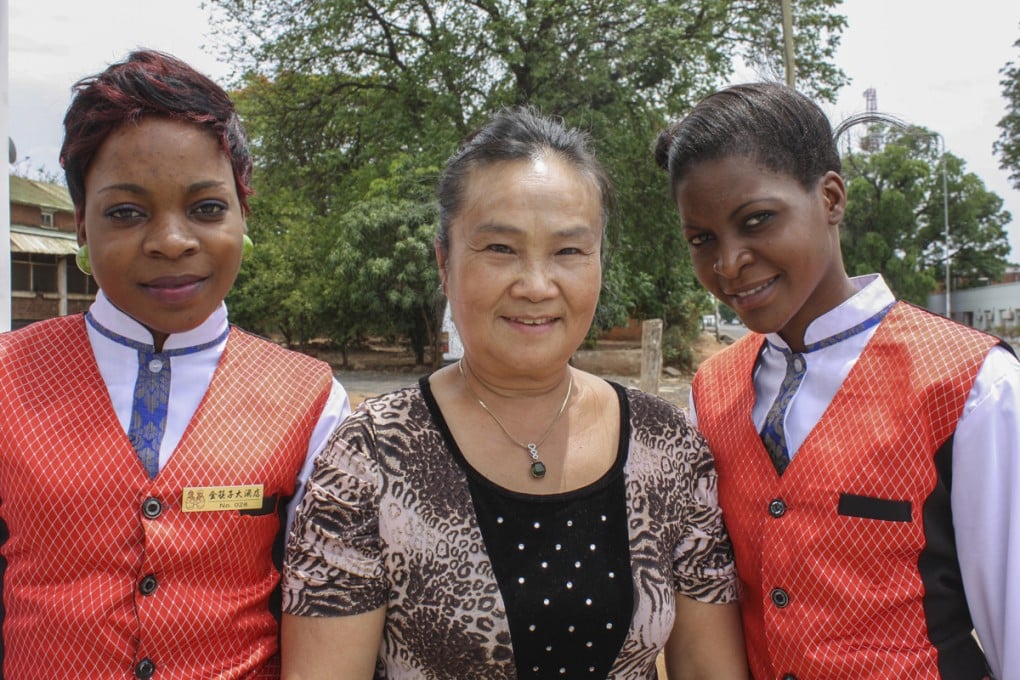The town that China built: tourism boom at Zambia's Victoria Falls thanks to Chinese makeover
Copper-rich Zambia has long proved prosperous for Chinese migrants. Now their work and investments are attracting tourists from China and enabling the African nation to capitalise on its greatest asset - Victoria Falls, writes Jenni Marsh.

"My husband is the best Chinese chef in Zambia," says Liu Xiuyi, a former takeaway employee from Chongqing. "Whenever the president has Chinese guests in Lusaka, my husband is hired to cook for them."
Twenty years ago, with no savings or formal education, the couple emigrated to Zambia when Liu's husband was hired as a chef by a Chinese state-owned construction company contracted to build roads in dusty Lusaka.
Now in their 50s, the Lius have just built a 15 million kwacha (HK$18.3 million) three-star hotel and restaurant, called the Golden Chopsticks, in the former British colonial outpost of Livingstone. They also own property in the Zambian capital; employ about 100 staff, local and Chinese; and rub shoulders with presidents and diplomats.
The Lius are among the estimated 20,000 to 100,000 Chinese living in the copper-rich southern African nation - weak census practices mean precise figures are elusive - and were among the first wave of daring migrants who sought their fortune here.
Although mining and construction brought the Chinese to Zambia, their presence is now having a significant effect on another industry: tourism.

Zambia, one of Sub-Saharan Africa's most politically stable states, is an underdeveloped tourism market, home to wild elephants, lush safari parks and the world's biggest series of waterfalls - the Mosi-oa-Tunya, or "the smoke that thunders", which was found by Scottish explorer David Livingstone in 1855 and renamed after Britain's Queen Victoria.